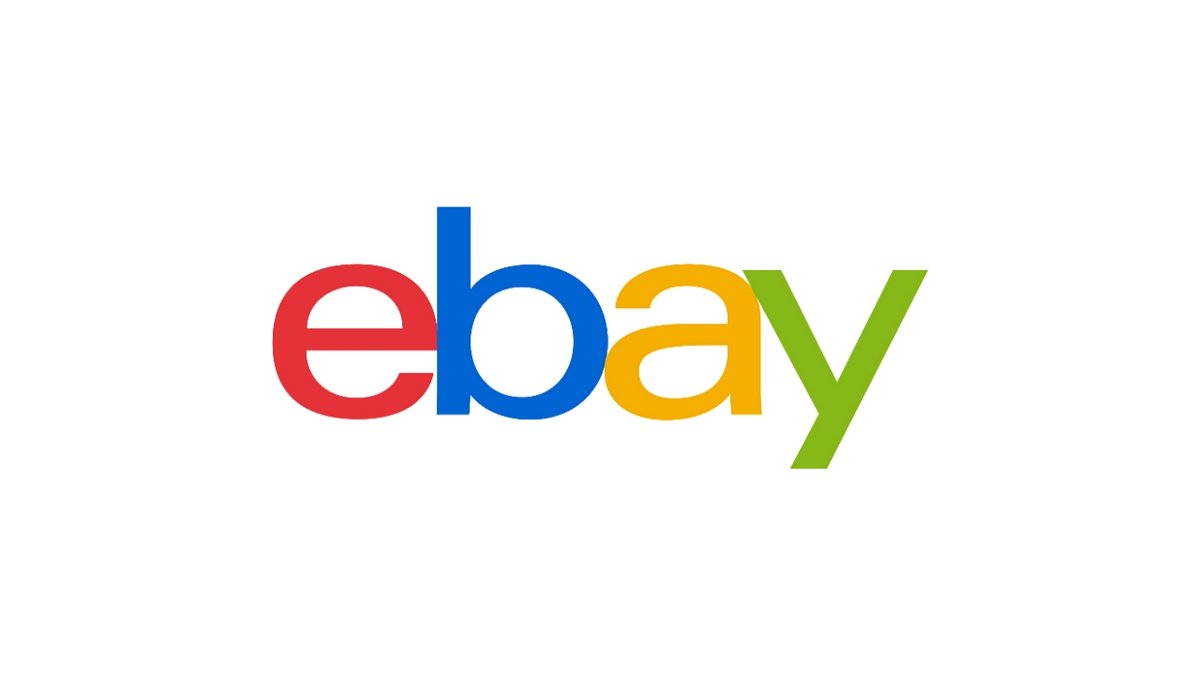Is there any point in inventing your own words as a brand?
Marketing managers know this: Especially in performance marketing, well-placed keywords decide on success or failure. In complete contrast to this is the trend that many companies invent their own terms in order to differentiate themselves from the competition.
But: What influence does such “self-made branding” have on search engine optimization and how much sense does it make in marketing to invent your own brand keywords? Even more interesting: How do you invent your own keyword in the first place?
Your own keyword is of course also unique. The brand creates a unique selling point with the brand keyword and ensures recognition value in the target group. The whole thing helps the company to stand out from the crowd of competitors. A classic example of this is the Injoy gyms. The name of the fitness chain immediately sticks in everyone’s mind – if only because of doubts as to whether it is spelled correctly.
Another advantage: search engine results for “Injoy Fitness” or similar searches only display company-related content and do not have to share the results pages with content from other companies.
In order for the brand keywords to work at all, the new word must first be known. In the example of Injoy, you could take your time to make the company name known through PR and marketing. After all, the fitness chain has been around for 20 years.
But anyone starting a new business today should first work out how and with what their own keyword can basically work.
In any case, keywords that are too specific or too complex should be avoided. From the point of view of memory research, it is important that the word is simple and easy to understand so that it remains in the target group’s memory. Associations with related or similarly spelled words, which the brand keyword takes advantage of, also serve this purpose. A unique word can be eye-catching and draw attention, but if it’s too different from common language, it won’t catch on with the target audience.
It is also important that other companies cannot steal the keyword. It should therefore contain the company name or the protected name of a product. Why? This is easily explained using examples such as the fidget spinner or the pop-it-fidgets – or can one of you immediately name the original inventors or companies behind the fidgets?
Keywords such as “Apple Watch” or “Google Nest” are protected against such involvement and simply cannot be picked up or alienated by other brands.
First of all, it is important to find a good balance between uniqueness and comprehensibility for the brand keyword and, at best, to awaken the desired positive associations in the target group. But the brand keyword is not yet directly created.
The recipe for your own brand keywords is always: The chosen word must be sufficiently similar to an existing word and at the same time be new.
So let’s imagine a German TV show called Numb3rs. Google would only return results about the show if, for example, a search was made for “Numb3rs Show”. The showrunners can use this to put a brand keyword on it.
But now it is probably slowly becoming clear what brand keywords depend on: a certain position of the brand is a prerequisite.
However, before budget flows to make a new name known, decision-makers should analyze how promising the brand keyword actually is. Is there a risk that other companies will also use the keyword?
Even more essential: Is the existing company or product name already known enough for users to search for it specifically? If this is not the case, better use the budget for promoting the existing brand.
In short: neologisms can work well, but are usually more expensive to establish than to strengthen an existing brand name.


